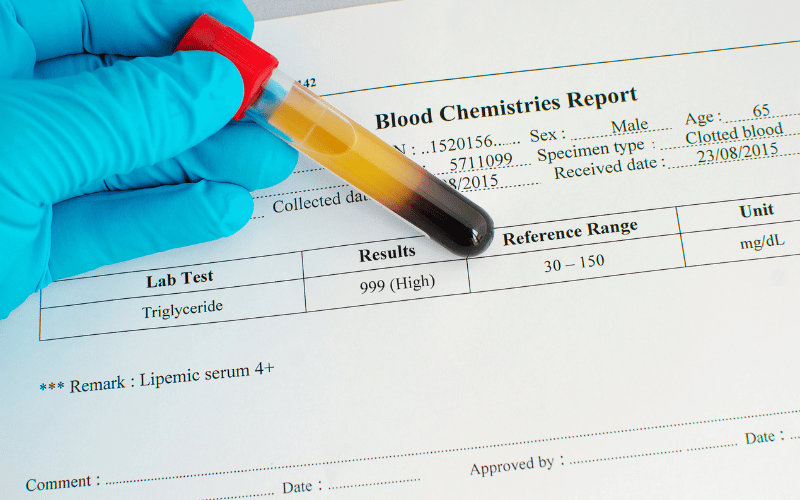3. High Triglyceride Levels – A Lesser-Known Culprit

Elevated triglyceride levels, although a less common cause, can indeed lead to acute pancreatitis. Triglycerides are a type of fat found in the blood, and when their levels become excessively high, the risk of inflammation in the pancreas increases. This relationship highlights the importance of regular health check-ups and blood tests to monitor triglyceride levels.
Managing high triglyceride levels is a multifaceted endeavor. It often involves dietary changes, regular exercise, and, in some cases, medication. Healthcare providers play a vital role in guiding patients through these lifestyle modifications, ensuring they understand the link between high triglycerides and acute pancreatitis, and the steps they can take to mitigate this risk.
It’s worth noting that certain conditions such as obesity, diabetes, and thyroid disorders can contribute to elevated triglyceride levels. Addressing these underlying conditions is crucial in managing triglyceride levels and, by extension, reducing the risk of AP.
In sum, high triglyceride levels are a lesser-known but significant risk factor for acute pancreatitis. Through lifestyle modifications, medical intervention, and addressing underlying conditions, individuals can manage their triglyceride levels and reduce their risk of AP. (3)